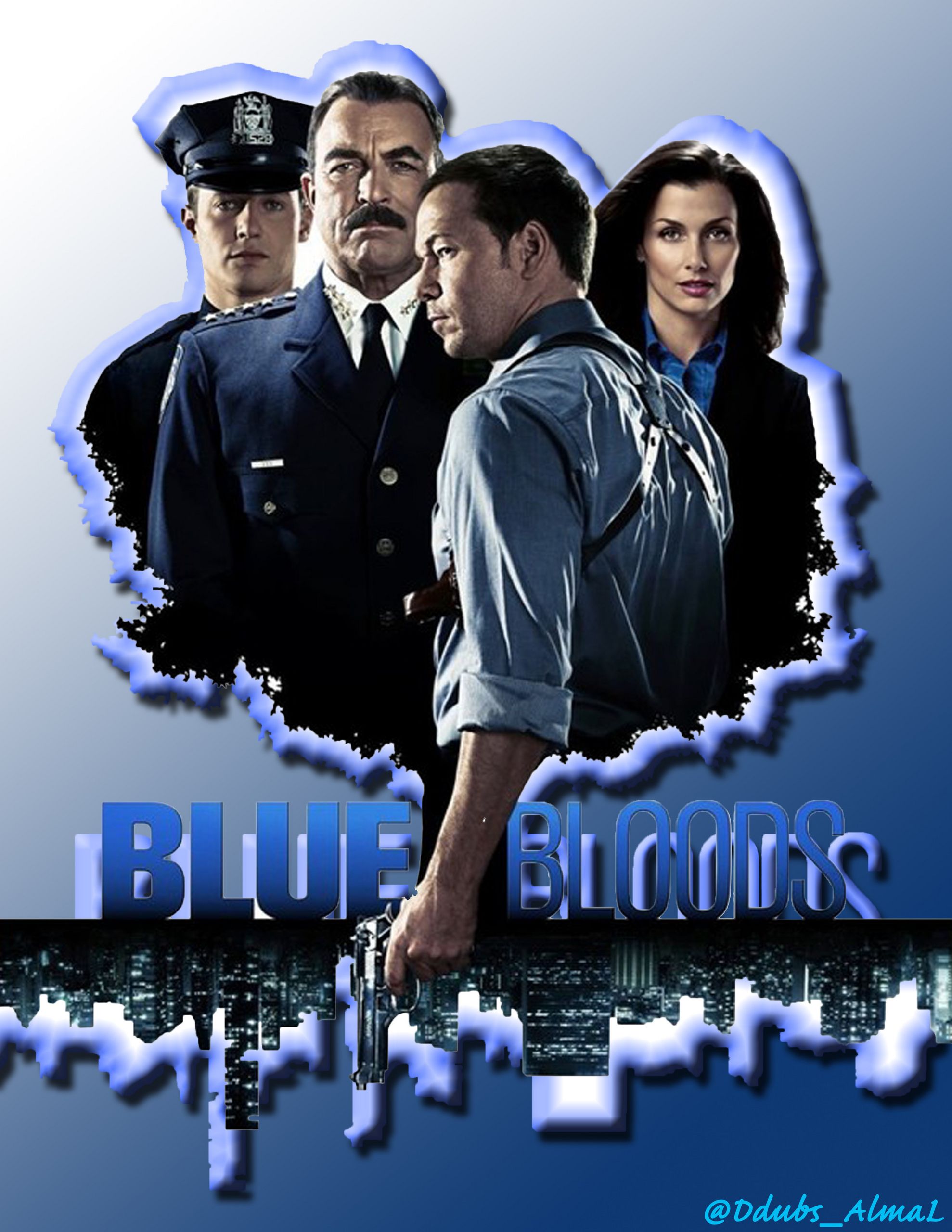The acclaimed TV series Blue Bloods, centered around the Reagan family, offers a multifaceted portrayal of law enforcement that spans several generations. This show not only entertains but also prompts viewers to consider the evolution of policing practices over time, through the lens of a family deeply rooted in law enforcement.
At the heart of Blue Bloods is the Reagan family, with Henry Reagan, the patriarch, who represents the old guard of police work, his son Frank Reagan, the current NYPD Commissioner who bridges the old and new ways, Danny Reagan, a detective who often implements more aggressive tactics, Erin Reagan, an assistant district attorney who adds a legal perspective to family debates on justice, and Jamie Reagan, the youngest son, who offers a modern approach to policing. Through these characters, Blue Bloods reveals the complexities and evolution of policing across generations, providing viewers a lens into the debates and dilemmas law enforcement officers face.
The portrayal of Henry showcases a time when policing was characterized by a strong adherence to hierarchy, a reliance on intuition, and a less regulated approach to law enforcement. This contrasts with the modern methods seen through Jamie, who is more inclined to employ community policing tactics, emphasizing problem-solving over traditional confrontational methods.
Frank Reagan’s role is central as he navigates the tightrope between upholding his father’s legacy and adapting to contemporary changes in law enforcement. His character illustrates the tension to maintain public trust while ensuring the safety of both officers and the community, reflecting the real-world struggles faced by today's law enforcement leaders.
Danny, often finding himself in the middle, employs methods that raise ethical questions, thereby sparking discussions on the morality of certain police tactics. Through Danny’s experiences, the show delves into the controversial aspects of police work, questioning where the line should be drawn in pursuit of justice.
Erin adds another layer to the generational debate, showing how the legal system interacts with and sometimes opposes law enforcement methods. Her role underscores the importance of legality and ethics, reminding her family and the audience that justice should remain the ultimate goal of policing.

Moreover, Blue Bloods doesn't shy away from contemporary issues like police brutality, racial profiling, and the impact of social media on law enforcement, making it relevant to today’s discussions on policing. Through family dinners and personal battles, the show debates these topics, often without offering easy answers, but rather presenting the Reagan's diverse viewpoints as a microcosm of the larger societal debate.

In conclusion, Blue Bloods provides a rich exploration of how policing has changed — and continues to evolve — across generations within one family. By portraying the constancy of certain values alongside the necessity for evolution in methods and attitudes, the series engages its audience to reflect on the past, present, and future of law enforcement, making it a remarkable contribution to the genre of police dramas. Blue Bloods Episode Guide
